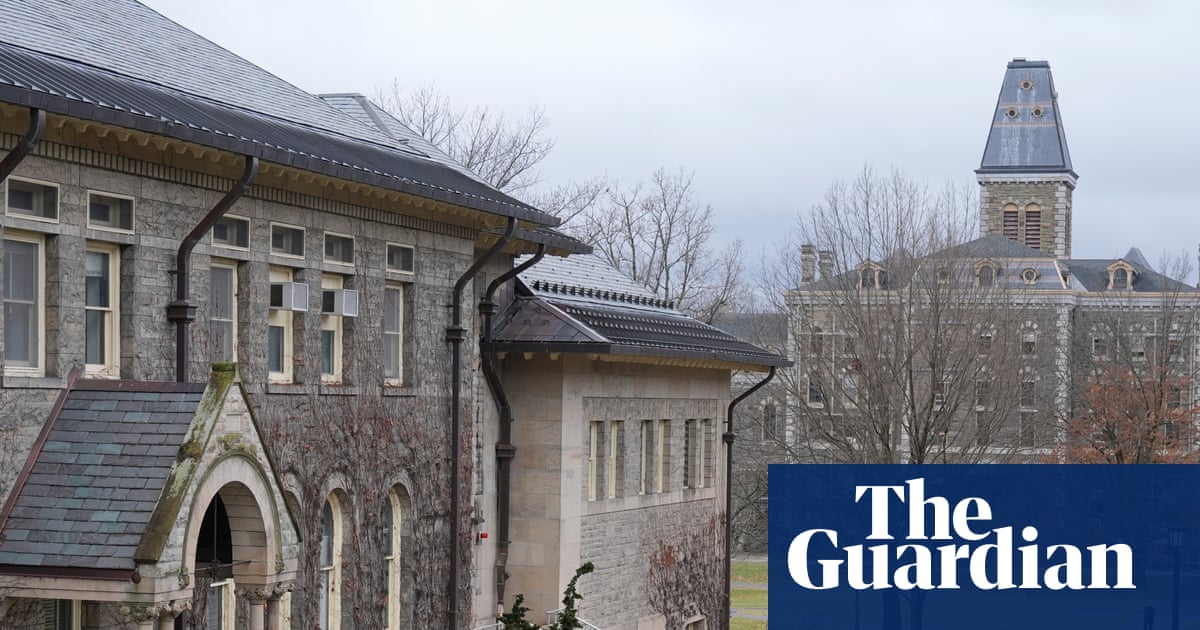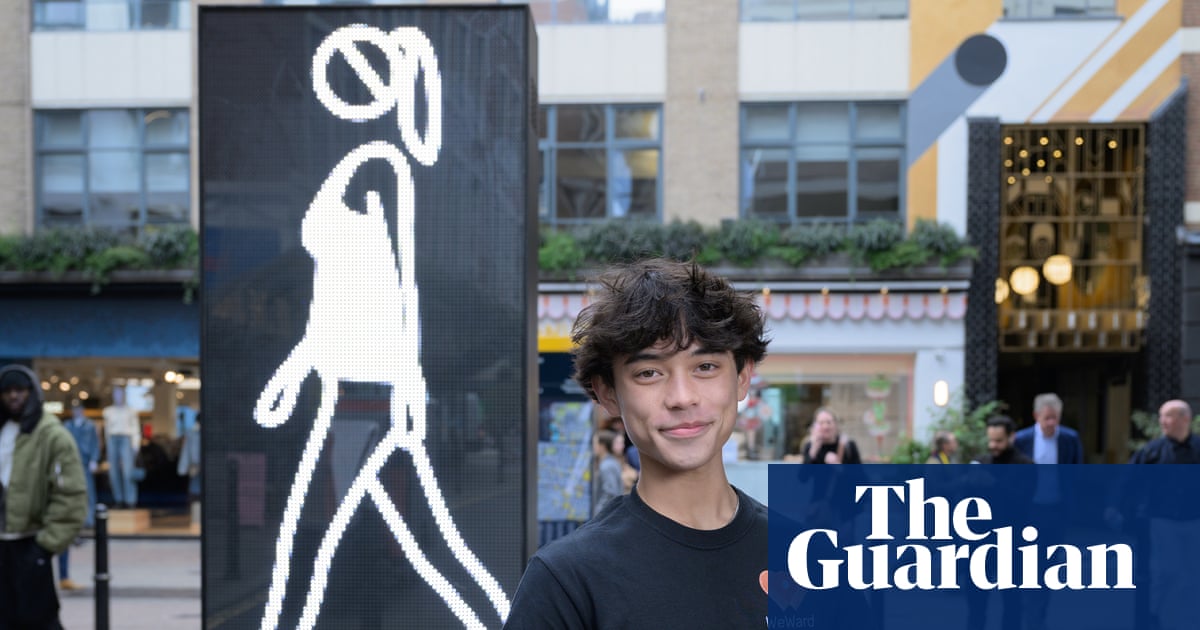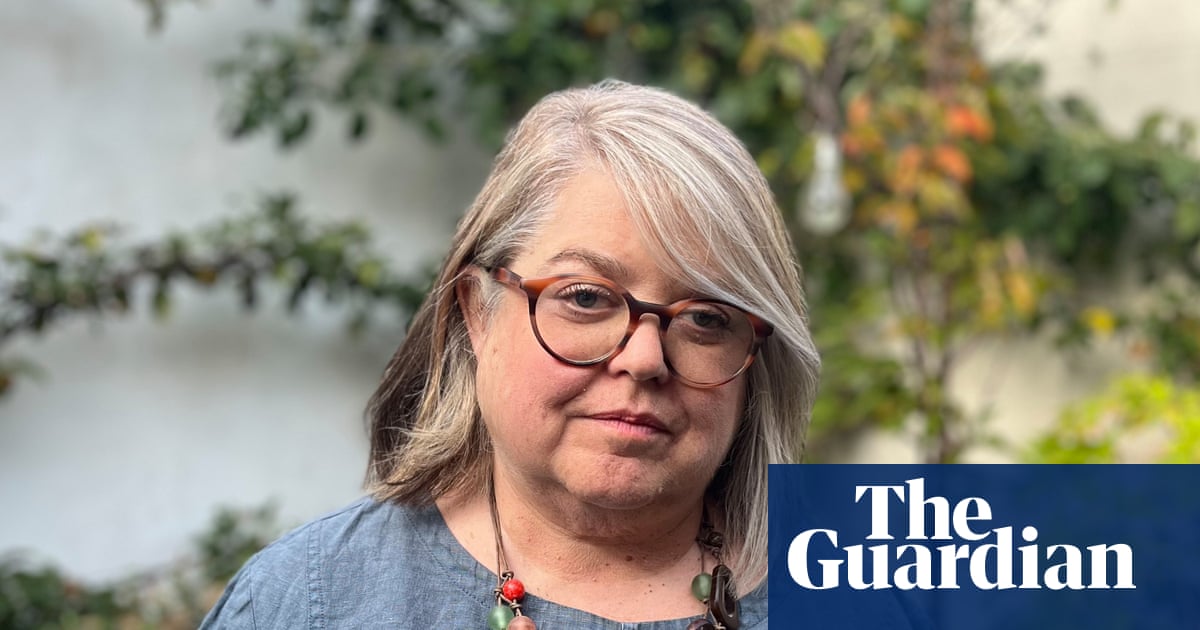The bill to legalise assisted dying is a “licence to kill” that puts vulnerable people at risk, Theresa May has said, as the legislation was debated in the House of Lords for the first time.
The former prime minister said she opposed the bill because she said people in England and Wales with disabilities, chronic illnesses or mental health conditions could feel under pressure to end their lives, and “because there is a risk that legalising assisted dying reinforces the dangerous notion that some lives are less worth living than others”. She added: “I have a friend who calls it ‘the licence to kill bill’.”
MPs voted in June to allow terminally ill adults in England and Wales to be helped to end their lives, in a historic move that could transform end-of-life care. After scrutiny by a committee of MPs, peers now have an opportunity to debate the legislation in detail, recommend amendments or even reject the bill outright, though the last is seen as unlikely.
May was one of about 190 peers scheduled to speak in a two-day debate, the first day of which attracted passionate and emotional arguments on both sides as many peers described the painful deaths of loved ones and friends.
Opening the debate on Friday, Charlie Falconer said it was the duty of the Lords to pass the legislation because MPs had voted in favour and “the public want this”.
Calling it a “historic occasion”, Falconer said the current law was “confused, causes terrible suffering and lacks compassion and safeguards”, adding: “This bill before us has already given hope to those with personal experience of the injustice of the current law.”
He was backed by Dawn Primarolo, a former Labour public health minister, who said it was the “fundamental right of the individual to exercise agency and autonomy over their own lives”.
Primarolo said: “Denying the ultimate right to end one’s life in peace and dignity in the manner and circumstances of one’s choosing, when the alternative is so scary and appalling, is not being compassionate. We need to facilitate this bill.”
The former Conservative home secretary Kenneth Baker also spoke in support, saying it would be “wonderful” if dying people could instead rely on a choice of palliative care, as many of those opposed suggested, “but it’s totally unrealistic. It’ll cost billions. Is the Labour party or the Conservative party going to say in their next manifesto, we will spent billions on palliative care? It just won’t happen.”
Others argued equally passionately against the bill. Some opposed in principle, while others said the form of legislation under discussion, introduced as a private member’s bill by the Labour MP Kim Leadbeater, was flawed and lacking in safeguards.
The bishop of London, Sarah Mullally, a former government’s chief nursing officer, said: “If passed, this bill will signal that we are a society that believes that some lives are not worth living. It is the role of this house to scrutinise, but there are no amendments to this bill that can safeguard us completely from its negative effects.”
The crossbench peer Kishwer Falkner said that having been diagnosed with stage 3 ovarian cancer last year, she felt that she had “glimpsed the grim reaper through my hospital window in a morphine-induced haze”. Though she previously supported assisted dying, she said, the current bill raised many questions. Falkner said: “I do wish we did not have to deal with this flawed bill, but we will do so in good faith.”
Peers will continue to debate the bill on 19 September.

 1 month ago
53
1 month ago
53

















































